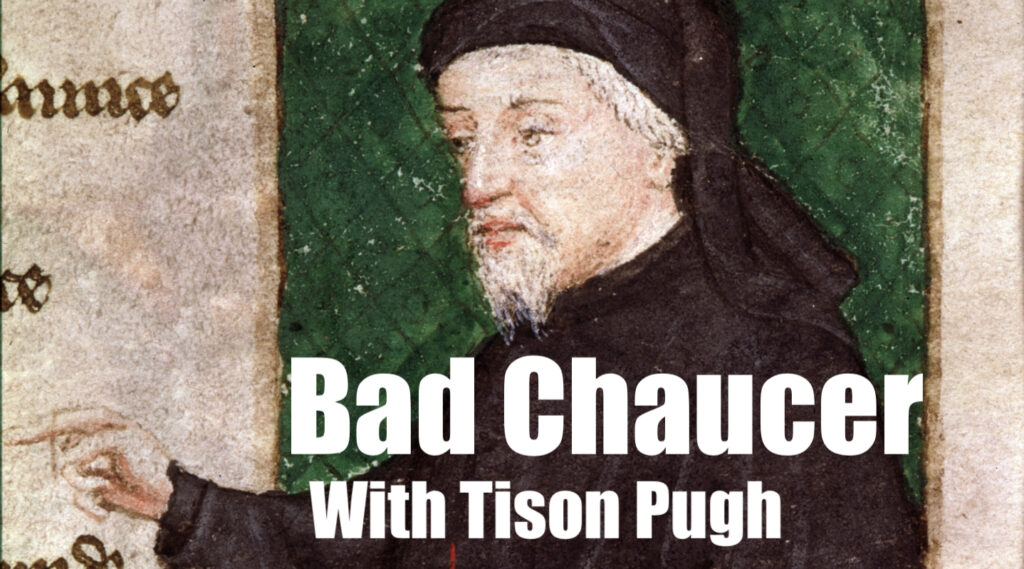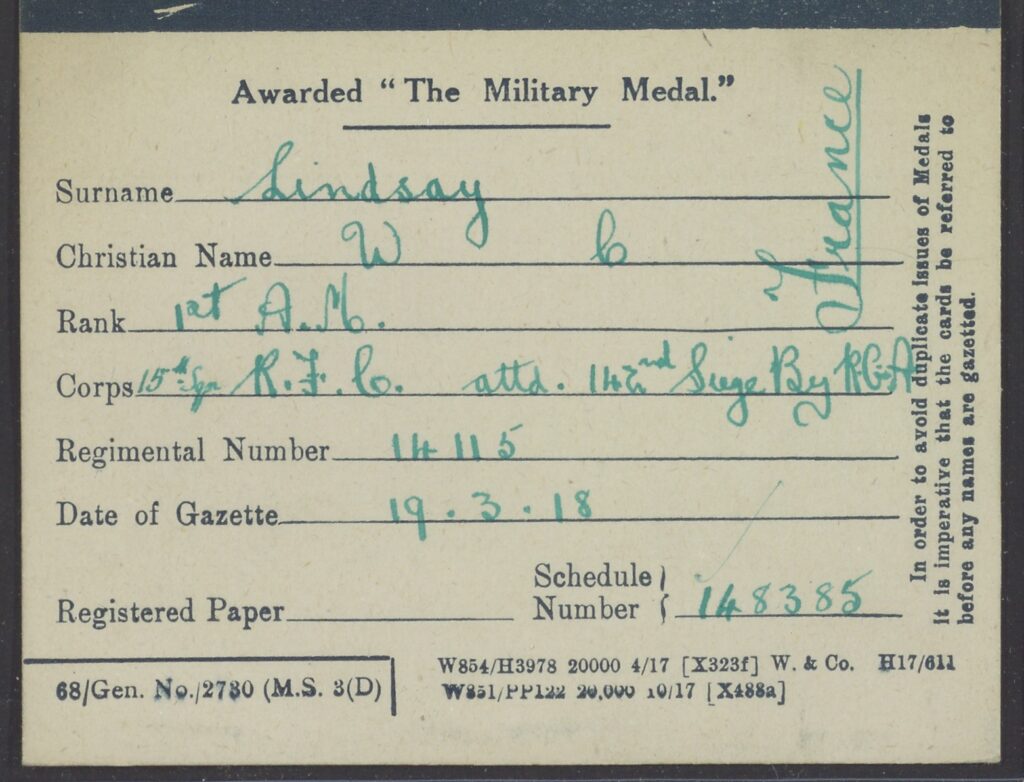It seems to me that I have wanted to write for the whole of my life. The intensity of this insistence, despite its implausibility, suggests an emotional, rather than literal, accuracy. I think my life didn’t seem my life until I started to write.
I came from a family of talkers. But talk, in my house, was not conversation. Talk was holding forth. Prevailing. Having the last word. Only one person could do it at a time, which meant that there was constant barging in and interruption, as impatience to speak grew more feverish and more relentless. Everybody wanted to talk. Nobody wanted to listen. In this, I was exactly like my mother and my father and my sister, though we had, each of us, a distinctive style.
More and more, the sentences I had in my head were like the sentences I loved in books: they began in one place and ended somewhere you hadn’t imagined them going, though, at each turn, idea seemed to follow idea perfectly naturally. The surprise at the end, as the thought completed itself, seemed wildly exciting: the whole sentence needed to be reëxperienced in this light; waves of unexpected revelations and insights resulted. Paradox. But an interrupted paradox is not simply edited—it is fundamentally changed, sometimes into the orderly, reasonable opposite it seemed destined to be. Because I never got to finish what I intended to say, a response (on the rare occasions when one was given) never seemed a response to my thought but, rather, to the simplified idea it had become.
I came to have a sense that the self I was in the world, among other selves, was alternately precarious and invisible. I did not think speech was a good conduit to the self, or expression of it, because in my childhood it was not. The page was different. Here my voice had a stability and an immutability, qualities that I passionately craved and never remotely approached in my social interactions. How could I? Stability and immutability are not characteristics of the spoken word.
I learned to read at a very early age. And I began writing at the same time. My father also wrote. He wrote witty rhymed verses, doggerel; I had the sound of doggerel in my head as far back as memory goes. I knew how rhyme worked. I heard the way rhythmic patterns conferred a strange sense of wholeness and inevitability. I began to write my own versions of this sort of poem, little bleak existential ditties, using the vocabulary available to me at, say, five years old:
My sister and I were also writing books. Our father was our scribe. We made up stories, and he wrote them down on pieces of paper folded to make books; afterward, when the writing had been completed, my sister and I drew illustrations in the large spaces left for them. None of these books still exist, to my knowledge, but I remember how they looked. I remember the joy of making things up; I remember the absorption, the world falling away.
Making up stories, making up anything, seemed to me the most involving and wonderful activity I could possibly imagine. And the story seemed, in some way, more important than anything in the world, I suppose because it was not subject to change. I imagine that people believe in God for the same reason.
In the poems I was writing then, the pleasures of doggerel united with the wild happiness of inventing something that would have a separate existence, more convincing and more durable than my unreliable human existence. Those poems were me; they represented or embodied me. But, at the same time, they were not me; they were a thing apart that could be studied and adjusted and made perfect, as my actual self could not be. I was the writer; I was also the reader. The immersive creative act gave rise to analytic distance as the finished poem detached itself from its author. I had no control over the writing self, which seemed vulnerable to chance and whim, about which I had constant anxiety. But I had infinite control as a reader, a critic. Control and stamina and intense investment. Imperfect details and conventional perceptions tormented me; these problems I attempted to resolve, even in childhood. The process was called revision, I later learned, though this word seemed a little calm for an effort so protracted and often so hopeless.
Writing became almost immediately the form of communication that seemed to me most true and least fraught. Important conversations are routinely remembered differently. Of speech, an impression remains, which memory amplifies and distorts. No two people hearing the same remarks are likely to have identical memories of what was said. Certainly, the exact words will not be remembered. Whereas the written word can be remembered only exactly; if a written line is not repeated exactly, word for word, it is not being remembered, it is being paraphrased. The existing text will confirm this. In that text, words do not mutate or switch places. Meaning can be disputed, but the actual words survive argument and mutilation.
But with whom was I communicating? Unclear. In part with myself—I was learning what, or at least how, I thought. In part with strangers, my imagined ideal readers, most of whom were not yet born. In part with the future, a time when I would not exist to explain myself.
The things I wrote down so urgently were not fixed thoughts projected from my brain onto the page. What I considered thought was a kind of seeking, a mission. But it was very difficult. This was not writing as rhetoric or catharsis. This was writing as transformation (or this is what I wanted it to be). I wanted to turn experience, often disappointment or hurt, into an externalized form that, in its accuracy and beauty, would both separate me from the experience and redeem it. The need to write in this way was constant, but the ability to write at all came and went; often in my life it was gone for years. This was not something I could do anything about.


